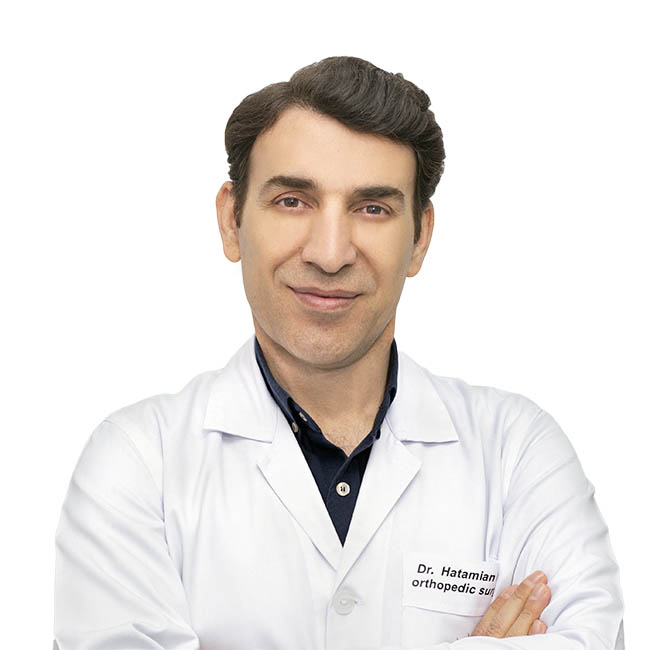Hypertension
What is high blood pressure?
High blood pressure means high pressure caused by the impact of blood on the walls of the arteries. Arteries are the vessels that carry blood from the heart to all parts of the body. Blood pressure is determined by two numbers. Systolic blood pressure (the top number) represents the pressure exerted on the walls of the arteries when the heart contracts, and diastolic blood pressure (the bottom number) represents the pressure exerted on the walls of the arteries when the heart muscles relax (between each heartbeat).
High blood pressure causes complications such as heart disease, kidney failure, arteriosclerosis, eye damage and stroke.
Normal blood pressure should be less than 120/80. If the blood pressure is between 80.120 and 139.899, a person is at risk of high blood pressure, and blood pressure 90.140 and above indicates hypertension. During pregnancy, the blood pressure of pregnancy, naturally, should be less than 120/800. High blood pressure causes complications such as heart disease, kidney failure, arteriosclerosis, eye damage, stroke and brain damage.
What people are more prone to high blood pressure?
High blood pressure is common among people over 45 years of age. Meanwhile, the share of men is more than women. This statistic is the opposite in people over 65 years old, so that women are more affected by high blood pressure.
Having a family history is one of the factors that increase the risk of high blood pressure. Race is also effective in increasing the risk of contracting this disease; As high blood pressure and its complications have been observed more in black people. Also, about 60% of diabetics have experienced high blood pressure conditions. Statistics show that 1 out of every 5 people with high blood pressure is not aware of having this disease. This is important, one of the major risk factors of heart attack and stroke. Lack of proper treatment for high blood pressure can lead to heart, brain, kidney, lung damage and blood circulation disorder without any special symptoms.
Some people may experience the following symptoms with high blood pressure:
severe headache
dizziness
Shortness of breath
blurred vision
A pulse in the head or neck
nausea
tiredness
Pain in the chest
The presence of blood in the urine
What are the causes of high blood pressure?
There are many reasons for high blood pressure, but the exact cause is not known.
Environmental reasons: food habits and lifestyle can be mentioned among the factors that increase blood pressure. Some of these factors are:
smoking
Overweight and obesity
Lack of physical activity
High salt consumption and sodium sensitivity
alcohol consumption
Stress
age increasing
Genetic factors
Disorders
Adrenal gland and thyroid
sleep disorders
Chronic kidney diseases
Vitamin D deficiency
Genetic causes of high blood pressure:
In many families, high blood pressure is a hereditary disease. The results of many researches have shown the effect of some genes and genetic mutations in high blood pressure. Of course, cases of high blood pressure caused by genetic factors account for only 2-3% of all cases of this disease.
Biological causes of high blood pressure:
1) Disturbance of water and salt balance in the body: In normal condition, the kidneys are responsible for balancing the water and salt in the body, and they do this by maintaining sodium and water and excreting potassium. If this kidney function is disturbed, the volume of blood in the body increases, which causes high blood pressure.
2) Renin, angiogenesis, aldosterone system problems: The renin-angiogenesis-aldosterone system in the body is responsible for the production of angiogenesis and aldosterone hormones. Angiogenesis hormone causes the body's blood vessels to narrow, which causes blood pressure to rise in the body. Aldosterone affects kidney function in water and salt retention. The increase in the aldosterone hormone in the body affects the functioning of the kidneys and causes an increase in blood volume and, as a result, an increase in blood pressure.
3) Function of the sympathetic nervous system: The function of the body's sympathetic system has an important effect on the regulation of blood pressure in the body. This system affects heart rate, breathing rhythm and blood pressure. Researchers are investigating how an imbalance in the sympathetic system affects high blood pressure.
4) Function and structure of the body's vessels: Changes in the function and structure of the small or large vessels of the body can cause high blood pressure. Angiogenesis hormone and the body's immune system can cause constriction and narrowing of the body's blood vessels, which affects blood pressure.
5) Other diseases: Other causes of high blood pressure include diseases such as chronic kidney failure, sleep apnea, thyroid disorders, and certain tumors.
What are the complications of high blood pressure?
Having high blood pressure can cause tissue damage and eventually cause the following problems:
• Heart attack and stroke: High blood pressure can be associated with hardening of the arteries and arteriosclerosis, hence increasing the risk of heart attack and stroke.
• Heart failure: With the increase in blood pressure, the muscle needs more power to pump blood, so the heart muscles become thicker. Thickening of these muscles is associated with heart failure.
• Metabolic syndromes: This syndrome is a set of metabolic disorders associated with increased triglycerides, decreased HDL (good cholesterol), high blood pressure, and increased insulin.
• Memory and learning problems: controlled high blood pressure can affect the power of thinking, memory and learning. This disorder is seen in many people with high blood pressure.
Weakening and narrowing of renal blood vessels


